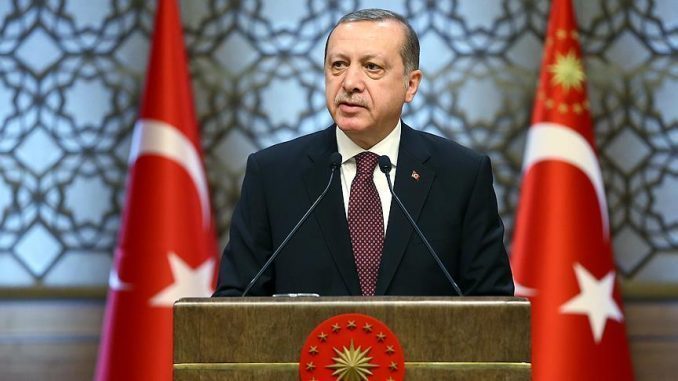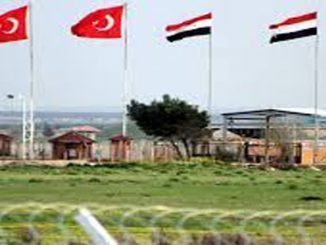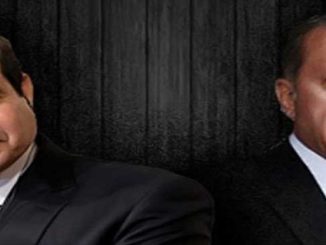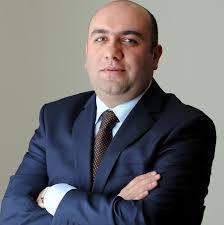
Erdoğan receives a warm welcome during South Korea visit, according to Yenisafak the Turkish local newspaper.
Erdogan will be in Seoul till May 3 on the invitation of his South Korean counterpart Moon Jae-in.
At the top of President Recep Tayyip Erdoğan’s agenda during his visit to South Korea on May 2-3 will be investments and cooperation in the defence industry, South Korean Ambassador to Turkey Choi Hong-ghi has said.
“We have great expectations for the visit. Relations between both countries are already at a good level but we want to get tangible results from the visit,” Choi told state-run Anadolu Agency.
A historic visit to Uzbekistan :
The leaders of Turkey and Uzbekistan have signed deals worth $3 billion as the two countries seek to put behind years of tensions and boost economic and cultural ties.
Turkish President Recep Tayyip Erdogan on April 30 underlined the “common values” shared by Ankara and Tashkent. He had said before his three-day visit to the Central Asian republic that he hoped they could set aside tensions from a previous era and revive “lost opportunities.”
Trade between the nations is already up strongly, having risen by 30 percent to $1.5 billion in 2017, Erdogan said at a joint press conference with his Uzbek counterpart Shavkat Mirziyoev in the capital Tashkent on April 30.
“Turkish businessmen plan to invest in Uzbekistan, which presents big opportunities for them,” Erdogan said.
The two leaders signed deals on transport, energy, and tourism “as part of more than 50 investment projects worth $3 billion,” Mirziyoev said.
Erdogan’s last visit was in November 2016, shortly after the death of Uzbekistan’s first president, Islam Karimov, who ruled the country for more than a quarter-century.
Tensions between Turkey and Uzbekistan were high under Karimov, who accused Ankara of harbouring opponents of his government.
Karimov halted visa-free travel between the two countries and curtailed ties with Ankara after Turkey refused to extradite Uzbek opposition leaders Muhammad Solih and Abdurahmon Polat in the mid-1990s.
But Mirziyoev has sought to improve Uzbekistan’s long-strained relations with countries in the region since coming to power in 2016. He visited Turkey in October.
“Uzbekistan is always open for our Turkish brothers,” he said on April 30, adding that his government “has opened a new page in the ties between our two nations.”
Turkey was the first country to officially recognize the independence of the five mostly Muslim, Turkic-speaking Central Asian states after the collapse of the Soviet Union in 1991.
The two leaders announced that Uzbekistan will join the Cooperation Council of Turkic-Speaking States. They also agreed to create a Supreme Council on the Strategic Partnership between the two countries.



